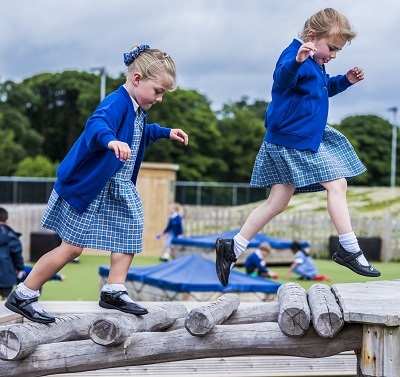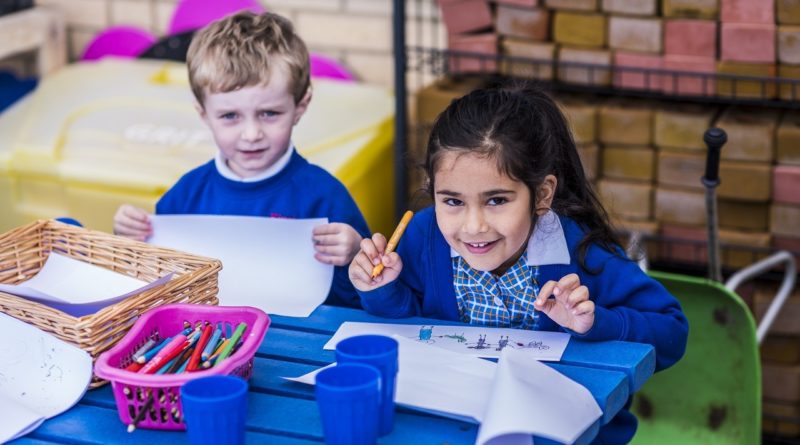The King’s School: A ‘Happymind’ for Students
Since the Covid pandemic, teenage mental health has been a major issue for families, schools and the NHS. Rather than being reactive to the problem, what if we could equip the teenagers of tomorrow with a ‘toolkit’ to help them look after their own mental health and wellbeing should things get tough for them in the future?
Last year, King’s Infant & Junior Division introduced a ‘myHappymind’ programme to enhance pupil wellbeing provision for its youngest pupils.
‘myHappymind’ seeks to prepare today’s children for tomorrow’s world by building resilient, balanced and happy minds. It combines the latest research and scientific evidence to provide children with preventative strategies, skills and tools to help develop lifelong habits that will enable them to thrive in the modern world.
 Pupils from Pre-School to Year 6 are taught about basic neuroscience and the science of ‘happiness’ in weekly lessons. By learning about how their brains work, pupils are able to understand how to look after themselves, manage their emotions and be at their best. Growth mindset is a key part of this – understanding how the way we think can influence our actions and ambitions. Different modules within the ‘myHappymind’ programme introduce new themes and habits to help children build resilience, self-esteem and confidence.
Pupils from Pre-School to Year 6 are taught about basic neuroscience and the science of ‘happiness’ in weekly lessons. By learning about how their brains work, pupils are able to understand how to look after themselves, manage their emotions and be at their best. Growth mindset is a key part of this – understanding how the way we think can influence our actions and ambitions. Different modules within the ‘myHappymind’ programme introduce new themes and habits to help children build resilience, self-esteem and confidence.
Philip Boardman, Vice-Principal of King’s Infants & Juniors, says: “Pupil and parental feedback has been incredibly positive. The pupils are fascinated by the neuroscience behind why we act like we do, how their character strengths enable them to cope with challenging situations and the practical skills that they can use to approach challenging situations with resilience.”
As one pupil in Year 4 put it: “I like ‘myHappymind’ because it helps me when I am annoyed or stressed because ‘happy breathing’ helps me to clear my mind and then rise up with fewer worries after it.”
Mr Boardman added: “’myHappymind’ promotes deeper thinking, more self-awareness and places an emphasis on the control of emotions. The pupils are really interested in the science of why their bodies deal with things differently.”







